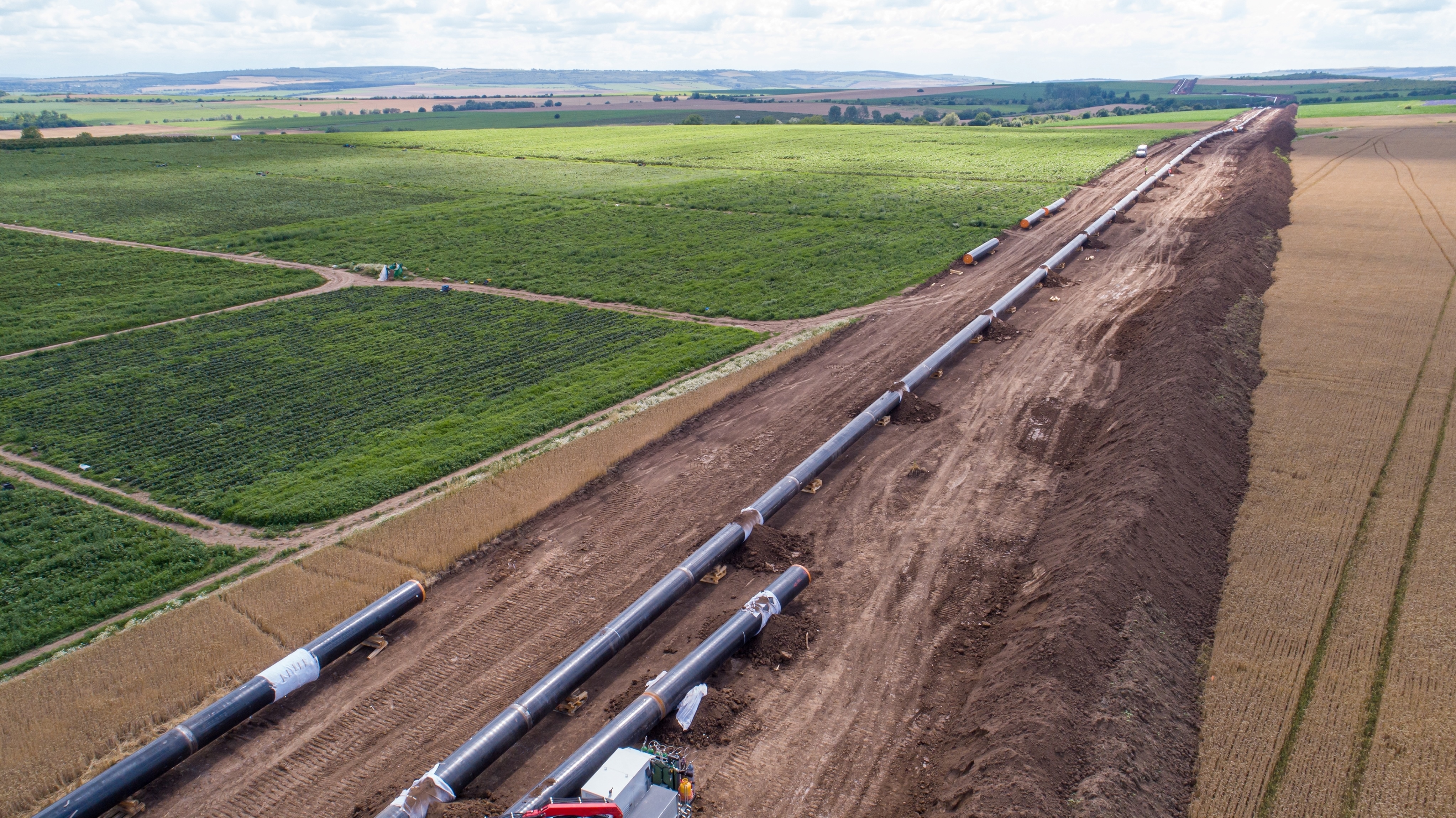Enbridge should consider closing old, troubled Line 5 Pipeline

The project suffers from high capital costs and an uncertain future
Key Takeaways:
Enbridge Energy L.P.’s plan to bore a tunnel under the Straights of Mackinac between Lake Michigan and Lake Huron to replace an underwater segment of Line 5 is costly and ill-advised.
The Enbridge tunnel pipeline faces rising costs: Based on risks and construction inflation, the project may ultimately cost three or more times as much as initially estimated.
In addition to the tunnel’s rising costs, Enbridge faces an expensive project to re-route Line 5’s Wisconsin segment, plus litigation related to both projects that could result in Line 5 shutdown.
A plan to close Line 5 would not only relieve Enbridge of debt burdens and litigation battles related to the projects, but also would allow the company to chart a more flexible energy transition course.
Enbridge Energy L.P.’s (Enbridge) plan to bore a tunnel between Lake Michigan and Lake Huron to replace an underwater segment of Line 5 is costly and ill-advised, according to a new report from the Institute for Energy Economics and Financial Analysis (IEEFA). The report shows that the aging pipeline is servicing a market that is likely to decline and is facing additional challenges that will make it costly to maintain operations.
The tunnel project’s purpose is to replace a set of two old pipeline segments that lay on the bottom of the lakebed, part of Enbridge’s Line 5 pipeline. IEEFA’s report shows that a tunnel pipeline will likely be more costly than project proponents have disclosed publicly to date.
“Enbridge should reconsider its current business strategy of pouring billions of dollars into redesigning troubled segments of the Line 5 pipeline,” said Suzanne Mattei, IEEFA energy policy analyst and co-author of the report. “An expeditious but well-planned approach for closing Line 5 would not only relieve Enbridge of debt burdens and significant litigation battles related to the projects, but also would allow the company to chart a more flexible energy transition course.”
IEEFA’s review of testimony and documentation in proceedings on the matter, evaluations produced by stock and bond analysts, and information from other pertinent sources, concludes:
- The Enbridge tunnel pipeline faces rising costs. The company’s publicly released estimate in 2018 was $500 million. By 2022, Enbridge disclosed in a corporate earnings call that the costs had risen to $750 million and were trending upward. Based on risks and construction inflation, the project may ultimately cost three or more times as much as initially estimated.
- A review of Enbridge’s stock and bond analysts, its complex web of subsidiaries and the Line 5 project all provide testimony to the company’s financial strength. But the analysts also offer strong cautionary language concerning the company’s heavy dependency on fossil fuels and the related increasingly risky capital expenditures debt burden that supports this financial agenda.
- Enbridge should question whether it makes sense to keep sinking money into an old pipeline—prolonging the “carbon lock-in” effect of the fossil fuel infrastructure—when markets for its products are on a declining trajectory. Electrification and other technologies are increasingly competitive with Line 5’s products.
Enbridge should consider the long-term wisdom of a non-pipeline solution to the Line 5 quandary.















